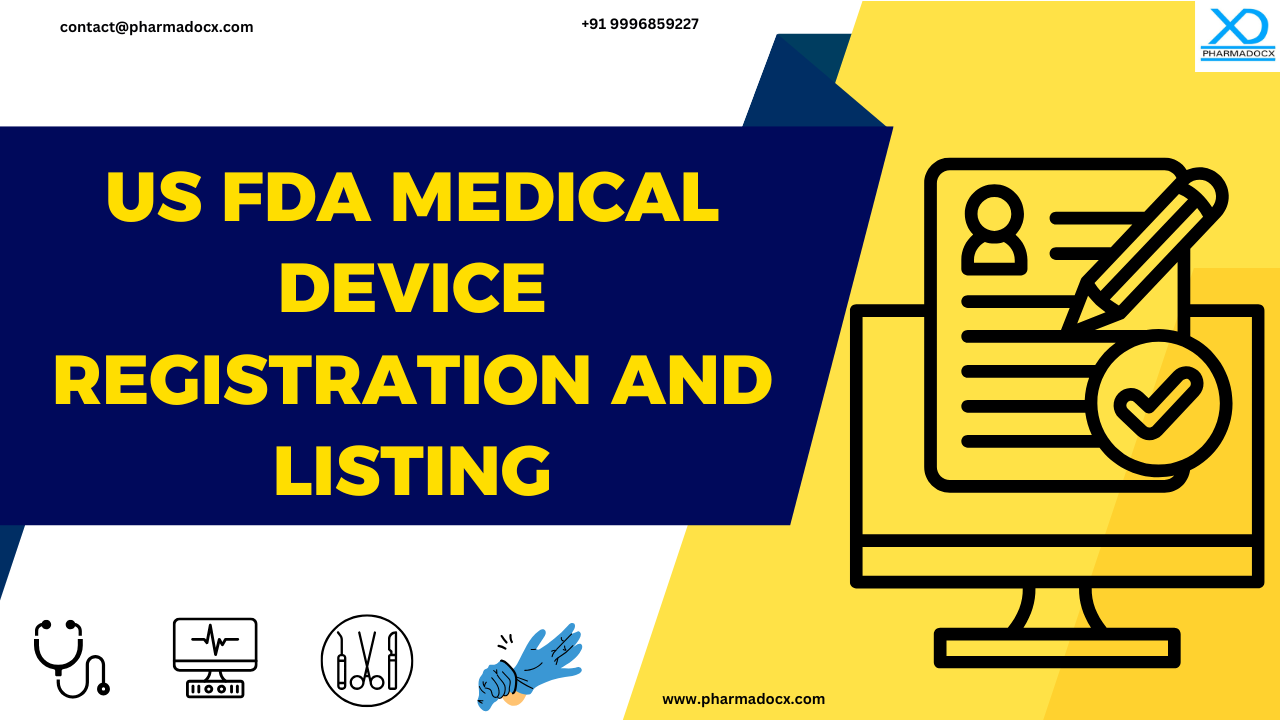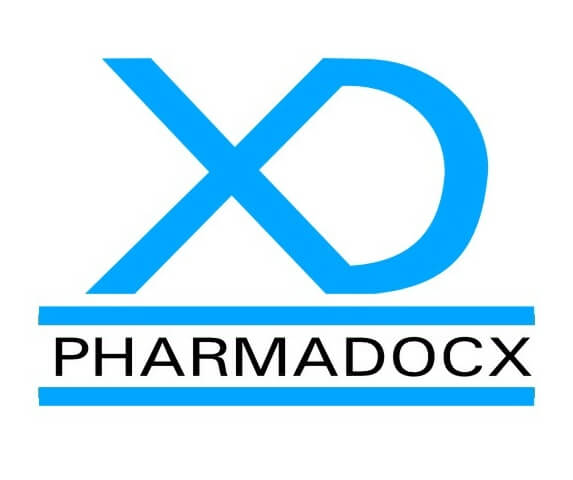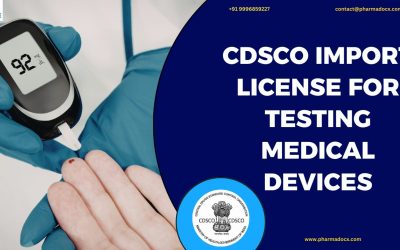FDA medical device registration and listing is a mandatory annual process. Medical device companies are required to register their facilities and list their specific products with FDA. It is a regulatory requirement for any company that manufactures or imports devices intended for sale in the United States.
What is FDA medical device registration and listing?
FDA medical device registration and listing is governed by 21 CFR Part 807. It consists of two distinct but interconnected obligations:
- Establishment registration: Identifies who is responsible for manufacturing or distributing the device.
- Device listing: Identifies what devices are being marketed and their regulatory status.
These requirements ensure transparency, traceability, and regulatory oversight of medical devices in the U.S. market.
Who must register and list with FDA?
Registration and listing requirements apply to any entity engaged in device activities intended for US distribution, including:
Domestic Companies:
- Manufacturers of medical devices
- Contract manufacturers and sterilizers
- Repackagers and relabelers
- Specification developers
Foreign Companies:
- Device manufacturers exporting to the US
- Contract manufacturers serving US companies
- Initial importers of foreign devices
Each establishment must register annually and pay the FDA Establishment Registration Fee. Notably, there are no fee waivers for small businesses.
Note: Foreign manufacturers must appoint a US Agent before registration. This agent will act as a liaison between the company and FDA. It serves as FDA’s primary contact and must be available during US business hours.
Device listing requirements
For each registered establishment, the company must list:
- Device name and proprietary name
- Classification (Class I, II, or III)
- Regulatory pathway (e.g., 510(k), PMA, exempt)
- Assigned product code
- Premarket submission number (if applicable)
Notably, this listing must be updated within 30 days of any changes (e.g., new device, discontinued product).
When must you register your company and list your device?
FDA medical device registration and listing must be submitted within 30 days of beginning device activities or commercial distribution. Notably, foreign establishments must complete registration before exporting products to the US. Furthermore, all registrations must be renewed annually.
Registration vs. listing: What are the key differences?
| Aspect | Registration | Listing |
| Purpose | Identifies WHO (facility/company) | Identifies WHAT (specific devices) |
| Scope | One per establishment | One per device type |
| Information Required | Facility details, ownership, activities | Product codes, brand names, submission numbers |
| Timing | Before commercial distribution begins | Before each device enters market |
FDA medical device registration and listing: Step-by-step guide
Step 1: Determine regulatory requirements
- Classify your device: Use FDA’s product classification database to identify the correct class (I, II, III) and product code.
- Premarket submission check: Determine if your device requires 510(k), PMA, De Novo, or is exempt.
- Foreign manufacturers: Appoint a qualified U.S. Agent before registration.
Step 2: Collate required information
- Facility details: Name, address, ownership structure
- Device details: Brand name, product code, regulatory pathway
- Submission numbers: Include 510(k), PMA, etc., if applicable
- Manufacturing activities: Sterilization, packaging, labeling, etc.
Step 3: Access FDA’s FURLS system
- Create an account at FDA FURLS Portal
- Navigate to the device registration and listing module (DRLM)
Step 4: Complete establishment registration
- Pay the annual registration fee
- Receive:
- Payment Identification Number (PIN)
- Payment Confirmation Number (PCN)
- Submit registration form with PIN and PCN
Step 5: Complete device listing
- List each device with:
- Product code
- Proprietary name
- Submission number (if applicable)
- Activities performed (e.g., manufacture, sterilize, relabel)
Step 6: Maintain and update listings
- Update the listing within 30 days for:
- New or discontinued devices
- Facility ownership or location changes
- Changes in manufacturing activities
Step 7: Annual renewal
- Renewal window: October 1 to December 31
- Tasks:
- Review and update facility and device information
- Pay new annual fee and obtain updated PCN
- Submit renewal through FDA’s Unified Registration and Listing System (FURLS)
Why is medical device registration and listing important?
Proper FDA medical device registration and listing:
- Enables legal marketing in the U.S.
- Facilitates FDA inspections and audits
- Enhances credibility with distributors and healthcare providers
- Supports recall and adverse event tracking
Top 8 pitfalls in medical device registration and listing
- Misclassifying the device: Using the wrong medical device classification (Class I, II, III) or assuming exemption without verification leads to incorrect regulatory pathways. This a common FDA medical device registration and listing error. To avoid this common error, use FDA’s Product Classification Database or submit a 513(g) request for clarity.
- Incorrect or incomplete product codes: Listing with outdated or mismatched product codes can trigger FDA review delays or rejection. Hence, to avoid this, validate codes against FDA’s current database and ensure alignment with device functionality.
- Listing devices without premarket clearance: Attempting to list devices that require 510(k), PMA, or De Novo before FDA approval is a violation. Wait for clearance before listing. Register the establishment first, then list post-approval.
- Missing annual renewal deadlines: Failing to renew between October 1 and December 31 results in expired registration and market access loss. Set calendar reminders and complete renewal early to avoid system traffic issues.
- Neglecting foreign manufacturer requirements: Not appointing a qualified U.S. Agent or failing to register before export can block entry into the U.S. It is important to ensure U.S. Agent is available during business hours and knowledgeable about your devices.
- Incomplete device information: Omitting proprietary names, submission numbers, or activity descriptions can delay listing approval. Use a structured checklist and validate all fields before submission.
- Documentation Gap: Poor recordkeeping or failure to update changes (e.g., ownership, location, discontinued devices) can lead to audit issues. To avoid this mistake, maintain a centralized compliance folder with registration certificates, payment confirmations, and listing updates.
- Assuming registration equals approval: Marketing devices as “FDA approved” based solely on registration is misleading and noncompliant. Use correct terminology. Only devices with 510(k), PMA, or De Novo can claim FDA clearance or approval.
Why do foreign exporters need an FDA U.S. agent?
The FDA requires any foreign establishment involved in the manufacturing, preparation, or processing of medical devices intended for import into the United States to appoint a U.S. Agent. This agent must reside in the United States and be readily available during standard business hours to respond to FDA communications and inquiries.
In addition, as part of the FDA Medical Device Registration process, the foreign establishment must designate an Official Correspondent. This individual is responsible for managing and maintaining the establishment’s registration and device listing records within the FDA’s Unified Registration and Listing System (FURLS).
Maintaining ongoing compliance
We have presented the requirements for maintaining ongoing compliance of FDA medical device registration and listing.
Update requirements:
Changes must be reported within 30 days for:
- Ownership or facility location changes
- New devices entering commercial distribution
- Discontinued devices
- Manufacturing activity changes
Record keeping:
Maintain comprehensive documentation for:
- Registration certificates and correspondence
- Payment confirmations and receipts
- Device listing details and updates
- US Agent agreements (foreign companies)
Annual renewal process of medical device registration and listing
Renewal timeline:
- October 1: Renewal period opens
- Early November: Recommended completion timing
- December 31: Final deadline (11:59 PM)
Renewal requirements:
- Review and update facility information
- Verify whether device listings remain current
- Pay annual fee and obtain the new PCN
- Submit renewal through the FURLS system
As a reputed US FDA consultant, we at Pharmadocx Consultants can help our clients navigate the FDA medical device registration and listing process. To avail our service, email at [email protected] or call/Whatsapp on 9996859227.





